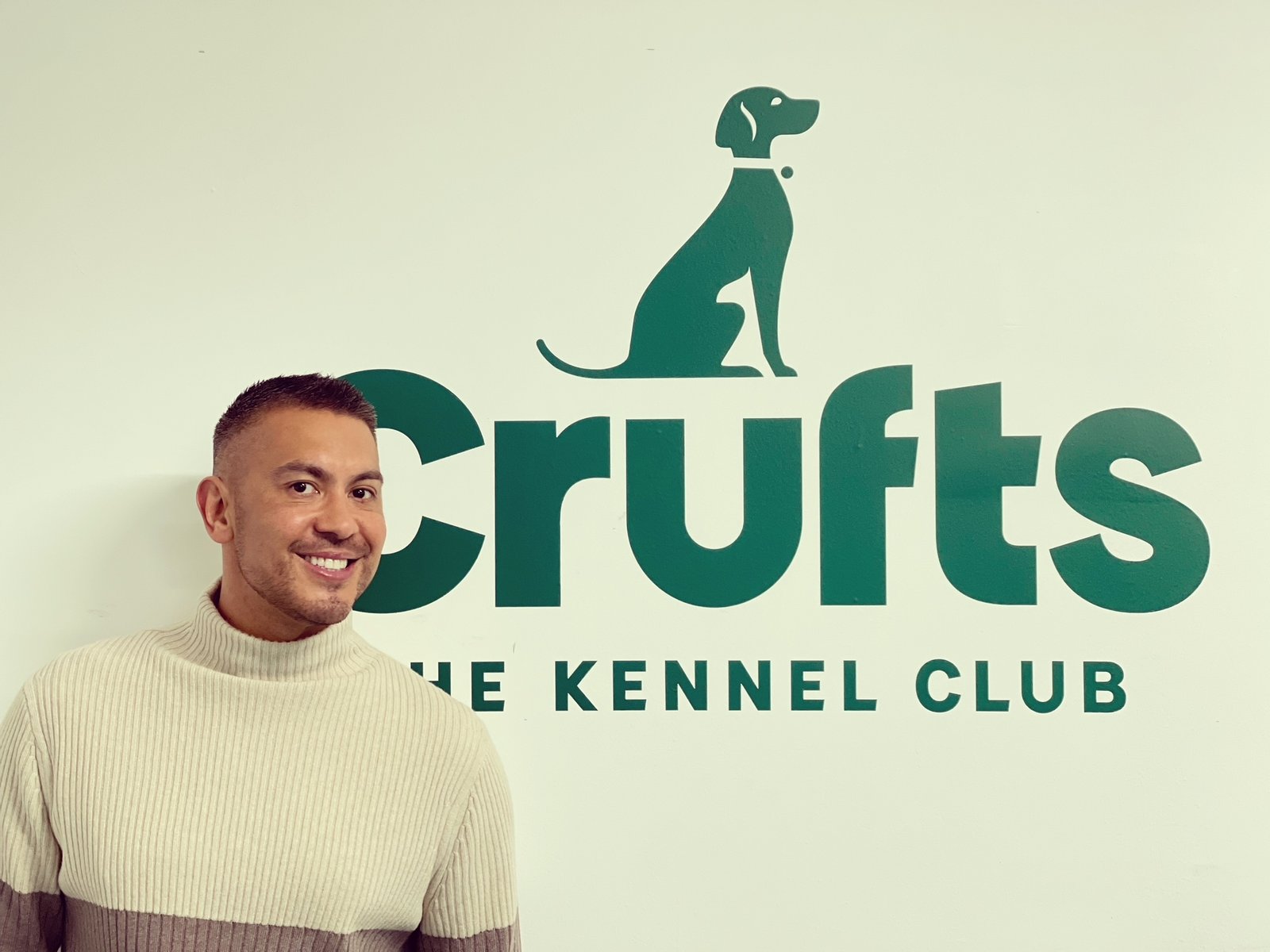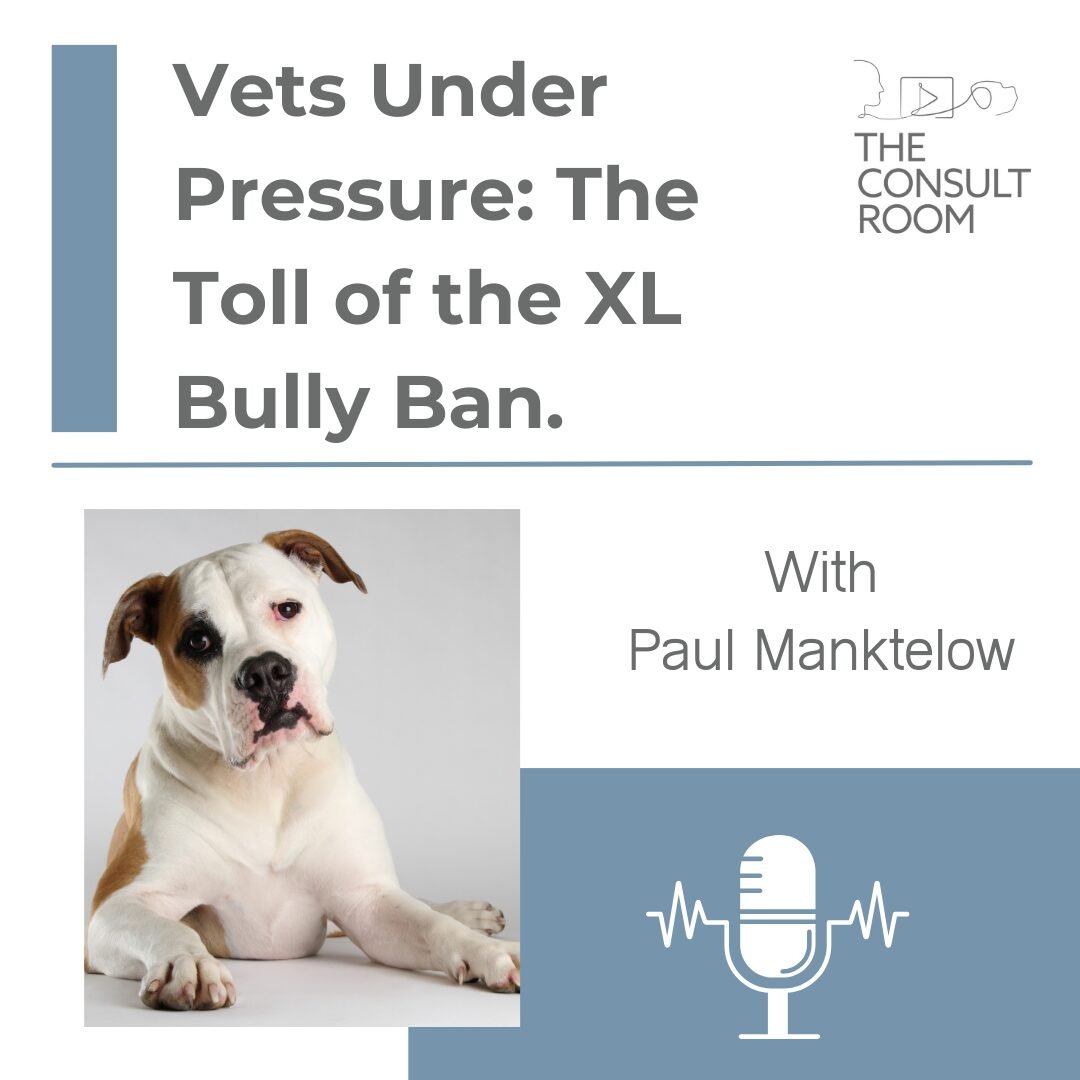Why are vets fighting about vegan diets for pets?
Recent research around vegan diets for pets has been sparking debate and hitting headlines within the veterinary press , so I wanted to find out why this subject is so controversial.
At the centre of this debate is Andrew Knight who is the Professor of Animal Welfare and Ethics at the University of Winchester. Professor Knight is leading the field in research around plant-based pet diets so I invited Andrew to The Consult Room podcast to talk more about the latest research around plant based pet diets and why vets were in open conflict about the findings.
The most recent studies suggest that pets on plant based diets actually live longer than those on commercial meat based pet food. The possible explanation for this finding is that these diets, when balanced, are able to provide all the required nutrients that the pet needs, but without the hazards that you might see in a diet which is based on animal protein. Professor Knight went on to suggest that examples of meat-based hazards could be specific animal proteins and the excess of additional calories.
Sparking yet more controversy is the evidence that cats can also be sustained on a vegan diet, challenging the misconception that many people hold, including vets, that cats are obligate carnivores. Andrew explains that this term was very specific to pre-domestication but since then cats have been maintained on a far more structured feeding regime and highly likely to now be fed now on very artificial diets. He explains that as the diet meets the nutritional needs for each species there is no reason why cats cannot live long healthy lives with no meat whatsoever.
Professor Knight explains there are now over ten credible published studies that suggest vegan diets for pets are a viable option with mounting evidence suggesting they are as healthy, if not healthier than meat based diets. His latest study has been provided to have statistically reliable results. He explains, that despite this, many vets are still reluctant to consider the findings and are actively discrediting the research.
‘It’s scandalous, outrageous and completely unacceptable that there is prejudice and ignorance in the veterinary profession around the fact there are nutritionally sound vegan diets for companion animals’.
Professor Knight suggests that the opposition from the veterinary profession is shrouded in ignorance largely because there is the assumption that owners will formulate their own homemade diets which are likely to be nutritionally deficient. However times have changed and most consumers seeking vegan diets are more likely to feed their pets the properly formulated commercial vegan diets that are currently on the market
Another potential reason cited for this reluctance to accept plant-based diets is that there has long been a vested relationship and interest between livestock farming and the veterinary profession. These industries provide significant funding for veterinary schools and hence influencing the new generation of vets and entrenching the beliefs around meat production. Professor Knight’s visit to a UK veterinary school left him astounded at the level of ignorance around veganism amongst the faculty and students, explaining that it was something he’d never experienced anywhere before. .
There is a risk however, for vets who hold these views and that is because ethical veganism is a characteristic which is protected by the same anti-discrimination laws gender, sexuality and age. Failing to provide any services on the basis of their vegan beliefs could see vets on the wrong side of the law.
Despite this backlash from key members of the profession, Professor Knight remains confident about the future of vegan pet diets. In the majority of cases, when he presents the findings of the studies, people are generally interested and want to explore the evidence further and he believes the knee jerk opposition to this research to be rooted in beliefs of some very outspoken individuals. Regardless of those beliefs around pet feeding, there is another aspect to vegan diets that is a lot harder to argue and that is their significantly reduced environmental impact in comparison to meat production.
Professor Knight, a veterinary surgeon himself leaves us with a compelling thought. Vegan diets uphold and safeguard the welfare of animals which is ultimately the mission of the veterinary profession. With welfare the ultimate consideration, how can the two be in conflict?

Dr Paul Manktelow is a vet who’s worked for almost 20 years on the front line in some of the UK’s busiest veterinary hospitals. As Chief Vet in the Charity Sector, he leads a team of vets and nurses that treat thousands of pets every year. Paul also appears regularly in the media as a TV and radio presenter, writer, public speaker and podcast producer.






Leave A Comment